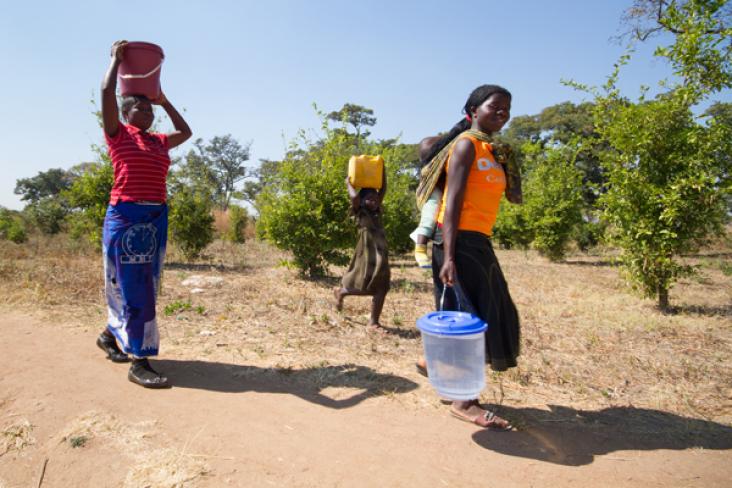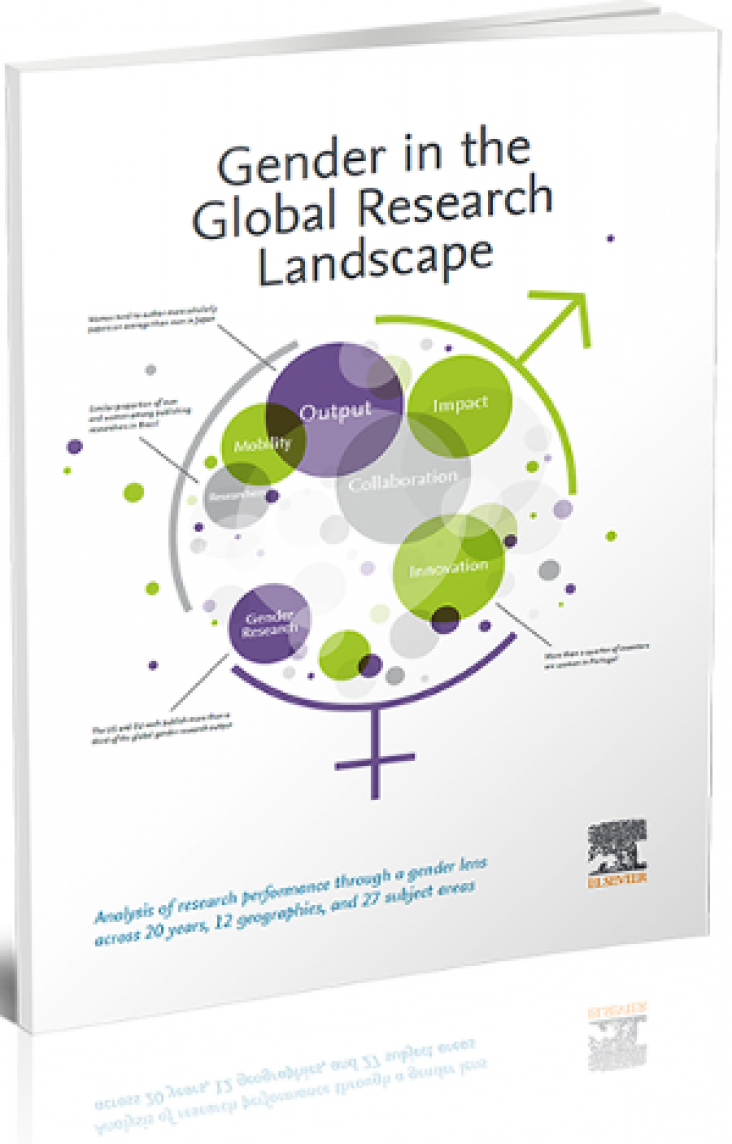Background Sex workers are disproportionately affected by HIV compared with the general population.

Despite the increased attention the sixth Sustainable Development Goal (clean water and sanitation) has brought, access to water in Sub-Saharan Africa is worse than ever: there are more people without access to water now than there were in 1990.
In order to fix the problem we need to understand what’s going wrong with our current approaches. That was the aim of an Atlas Award-winning study published in Water Resources and Rural Development, by researchers at Glasgow Caledonian University in Scotland, the University of Malawi in Malawi and the University of Lusaka in Zambia. Interestingly enough, since women and school aged girls are typically tasked with water fetching, by providing water access and sanitation authors feel there is an effect on others SDG like SDG 10 (reduced inequalities), SDG 4 (quality education) and SDG 5 (gender equality)

Elsevier's Gender Report importantly supports SDG 5 - gender equality - by applying a gender lens to the field of science and research. It examines the proportion of female researchers and inventors in twelve countries, the fields women tend to specialise in and whether women or men publish more articles. This report provides sound data for understanding the role of gender within the structure of the global research landscape.
Drawing on discussions with Kenyan, Mexican and British teachers, this paper reports on emotional responses to international socio-economic inequality.
Study Objective Produce Girl Talk, a free smartphone application containing comprehensive sexual health information, and determine the application's desirability and appeal among teenage girls.
Elsevier,
The Psychology of Gender and Health, Conceptual and Applied Global Concerns, 2017, Pages 343-361
This book chapter explains how we must transform understandings of, and responses to, mental health for women, helping to advance goal 5.
Elsevier,
The Psychology of Gender and Health: Conceptual and Applied Global Concerns, 2017, Pages 199-229
Violence against women is a growing area of study in development because it is directly related to the health and psychological consequences associated with victims. Contributing to SDGs 3 and 5, this chapter provides a summary of the main strategies that have been proposed to combat this problem by different international and European organizations, with particular attention to the specific application that has been carried out in Spain.
